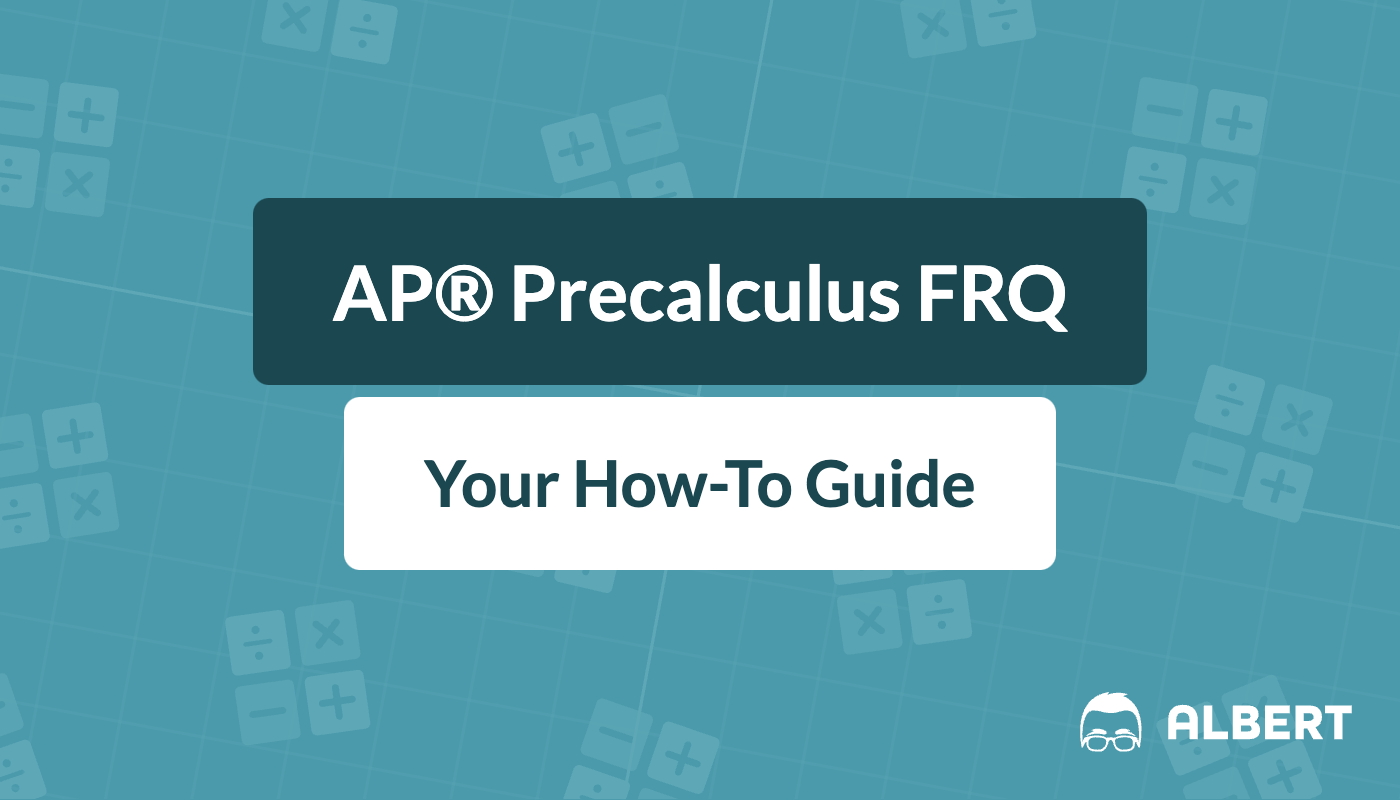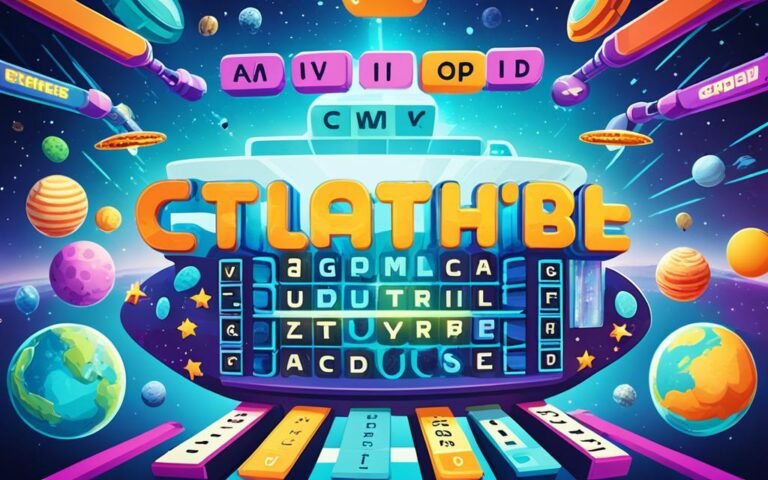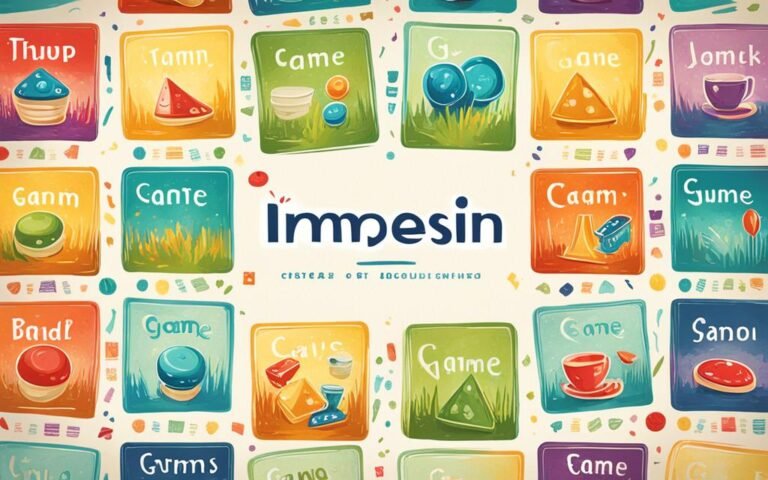When it comes to the question, is game day one word, the answer can vary depending on context, style guides, and personal preference. In the realm of writing, knowing how to correctly format certain phrases is essential for clarity and professionalism, especially when preparing articles, reports, or even social media posts. Understanding the nuances behind “game day” can help you make informed decisions regarding its usage in your writing.
The Official Answer: Is Game Day One Word According to AP Style?

To begin with, the Associated Press (AP) Stylebook offers specific guidance on how to handle compound phrases like “game day.” For those working in journalism or any field that adheres to AP guidelines, this section will clarify any confusion regarding whether is game day one word.
AP Stylebook Rule: Two Words, No Hyphen
According to the AP Stylebook, “game day” is distinctly written as two separate words without a hyphen. This guideline is crucial for journalists and writers who wish to maintain credibility by following widely accepted conventions in their work.
The reasoning behind this separation lies in the nature of compound nouns. When two words come together to form a new meaning, they often retain their individual identities, thereby preserving clarity. Thus, using “game day” helps convey the concept clearly, without merging the terms into one entity that may cause reader confusion.
Usage as Noun and Adjective (e.g., “game day,” “game day decision”)
In practical terms, “game day” functions both as a noun and an adjective in various contexts. As a noun, it refers to the specific day set aside for a sporting event — think college football games or professional leagues.
On the other hand, when used as an adjective, it can describe different situations revolving around that particular day. Phrases like “game day decision” highlight critical choices made specifically in anticipation of upcoming matches, underscoring the dual-purpose utility of the term.
Examples Following AP Style Guidance
To illustrate the proper application of “game day,” consider the following examples:
- “The Super Bowl is the biggest game day of the year.”
- “She made a game day decision to start the rookie quarterback.”
Both instances adhere strictly to the AP Style guideline of maintaining “game day” as two words, showcasing its effective use within sentences.
The One-Word Variant: “Gameday”

While “game day” is the standard term according to AP Style, you’ll occasionally encounter the one-word variant: “gameday.” This version often appears in branding contexts and carries its own unique connotations, which diverge from the traditional grammatical rules.
When is “Gameday” Used? (Branding, Proper Names)
The term “gameday” is frequently employed in marketing and branding efforts. Organizations, particularly sports teams and networks, adopt this form to create a catchy and memorable identity.
For example, colleges and universities might have special events named “Gameday,” which can generate excitement and anticipation among fans. This branding strategy capitalizes on the emotional connection supporters feel toward their teams, making the term resonate more profoundly than its two-word counterpart.
Examples: ESPN’s “College GameDay”, Texas A&M’s “Gameday”
A prime illustration of the one-word variant in action is through ESPN’s “College GameDay.” The program has become synonymous with college football culture, drawing viewers in with its vibrancy and energy. Though it employs the two-word version in its title, the show regularly references “gameday” in promotional material, creating a unique brand identity that resonates with audiences across the nation.
Similarly, Texas A&M University utilizes “Gameday” as branding for its game-related events, channels, and merchandise. This branding reinforces the community’s passion for their team while fostering a sense of unity among fans, enhancing the overall experience surrounding the event.
Dictionary Listings (e.g., YourDictionary, Wiktionary)
You will find various dictionary listings illustrating “gameday” as a recognized term. For instance, platforms like YourDictionary and Wiktionary present it as an informal term associated with the day of a significant game. This understanding further highlights the cultural importance of gameday in sports contexts while also noting its distinction from the more traditional “game day.”
Moreover, these resources emphasize its informal nature, showing that while it holds value in branding, it lacks the same level of acceptance in formal writing scenarios governed by style guides like AP.
The Hyphenated Variant: “Game-day”

Another variation of “game day” appears in the form of “game-day,” typically utilized as a compound adjective before a noun. Understanding this nuance can provide clarity during writing, especially when describing events, traditions, or experiences related to game days.
Usage as a Compound Adjective (Before a Noun)
In instances where “game-day” acts as a compound adjective, it combines the words into a single descriptive unit. This construction effectively conveys the idea that the following noun is specifically tied to that particular day. For example, “game-day snacks” refers to food items consumed on the day of a game.
This hyphenated form emphasizes the relationship between the components, providing readers with a clear understanding of what to expect. By using “game-day,” writers inject specificity and focus into their narratives, ensuring that the intended meaning is communicated effectively.
Style Guide Differences (e.g., University of Oregon vs. AP Style)
It’s interesting to note that not all style guides align with the AP’s approach. Different organizations, such as the University of Oregon’s writing guidelines, may adopt alternative interpretations. These institutions sometimes embrace hyphenation, allowing for variations like “game-day” to be more acceptable within their frameworks.
Understanding these differences can be beneficial for any writer, especially if they work across multiple platforms or for diverse organizations. Being aware of the style guide in use will allow them to align their language accordingly, ensuring compliance with expectations.
Example: “a game-day tradition” (non-AP style)
Consider the phrase “a game-day tradition.” Here, “game-day” describes the type of tradition being discussed and contextualizes it within the framework of a specific event. Such expressions enrich the narrative by adding depth and insight into the cultural significance of activities enjoyed on game days.
This approach highlights how flexibility in language evolves over time, adapting to cultural shifts and preferences. While AP may favor the separation of terms, other styles may opt for hyphenation to fit their intended messaging and audience.
Why the Confusion? Understanding “Is Game Day One Word” Variations
As writers navigate the complexities of language, it’s no surprise that questions arise concerning the proper usage of terms like “game day.” Understanding the factors contributing to such confusion is essential for simplifying complex ideas and offering clarity.
Natural Evolution of Compound Words (Open to Closed)
One reason for the variability in how “game day” is presented arises from the natural evolution of compound words. In the English language, compounds shift from open forms (two separate words) to closed forms (one word) over time. This phenomenon occurs as language evolves and adapts to societal changes and cultural norms.
As individuals grow increasingly accustomed to specific phrases, there’s a tendency to merge them into a single word. Consequently, “game day” may eventually follow this trend, resulting in increased popularity for “gameday.” However, the transition doesn’t happen uniformly, and adherence to established style guides remains important.
Impact of Branding and Marketing Language
Branding and marketing have significantly influenced the perception of “game day” versus “gameday.” Companies consistently strive for distinctiveness and memorability in their campaigns, leading them to creatively manipulate language to develop unique identities.
This push for differentiation not only impacts how phrases are utilized but also shapes public perception. As certain terms gain traction in popular culture through effective branding, they often reshape the landscape of language and influence how people approach writing and communication.
Differences Between Style Guides (AP, Chicago, Organizational)
The existence of multiple style guides can also contribute to the confusion surrounding terms like “game day.” Each guide, including AP, Chicago Manual of Style, and others, imposes its own rules and standards on language usage. Consequently, what is acceptable in one context may not necessarily extend to another.
For instance, AP’s stance on “game day” contrasts with how other guides may treat the term. This discrepancy can lead to confusion for writers navigating diverse environments, emphasizing the importance of adhering to the appropriate style guide for their specific needs.
Recommendation: Gameday vs. Game Day
With the various discussions surrounding the topic of is game day one word, it’s essential to offer recommendations based on clarity, formality, and context. Understanding when to use each form can enhance your writing, ensuring it aligns with the intended purpose and audience.
General Rule: Use “Game Day” (Two Words) for Clarity and Formality
In most formal writing scenarios, it’s advisable to stick with “game day” as two separate words. This approach ensures clarity and aligns with the guidelines set forth by AP Style, which serves as a benchmark for journalistic standards.
When crafting articles, reports, or anything that requires a polished touch, utilizing “game day” maintains professionalism while delivering a straightforward message. It allows readers to grasp the intended meaning without any ambiguity, facilitating better communication.
Context Matters: Check Specific Style Guides
However, context plays a crucial role in determining which form to employ. If you’re writing for an organization that leans toward more casual language or is known for employing branding strategies, “gameday” may be more appropriate.
Confer with the specific style guide or organizational language preferences to ensure your writing meets the expectations of your audience. Tailoring your approach demonstrates an understanding of the larger conversation surrounding language and its multifaceted nature.
Prioritize Consistency in Your Writing
No matter which variant you choose, prioritizing consistency throughout your writing is key. Avoid switching between forms within the same document, as this can confuse readers and detract from the overall coherence of your piece.
Establish a clear guideline at the beginning of your writing process and adhere to it throughout. Whether you decide to capitalize on “game day” or “gameday,” ensuring consistent usage sets a high standard for your work and signals to readers that you value clarity and professionalism.
Conclusion
In conclusion, the question of whether is game day one word leads to a rich exploration of language and its evolving nature. As we’ve examined, “game day” is recognized as two separate words according to AP Style, while “gameday” finds its place in branding and marketing contexts. The hyphenated form “game-day” serves as a compound adjective, further complicating the matter.
Ultimately, the choice between “game day,” “gameday,” or “game-day” hinges on the context and audience. Writers must navigate between different style guides and preferences while remaining aware of evolving language trends. Clarity and consistency are paramount; thus, understanding the intricacies of each variant can elevate your writing and enhance communication.
As with many aspects of language, being adaptable and informed will empower you to navigate these complexities with confidence. Whether you’re crafting articles, engaging in social media discourse, or communicating in a professional setting, maintaining awareness of these nuances will undoubtedly strengthen your writing skills and enrich your interactions.
Looking for more brain-bending challenges? Explore a variety of word games right here!




